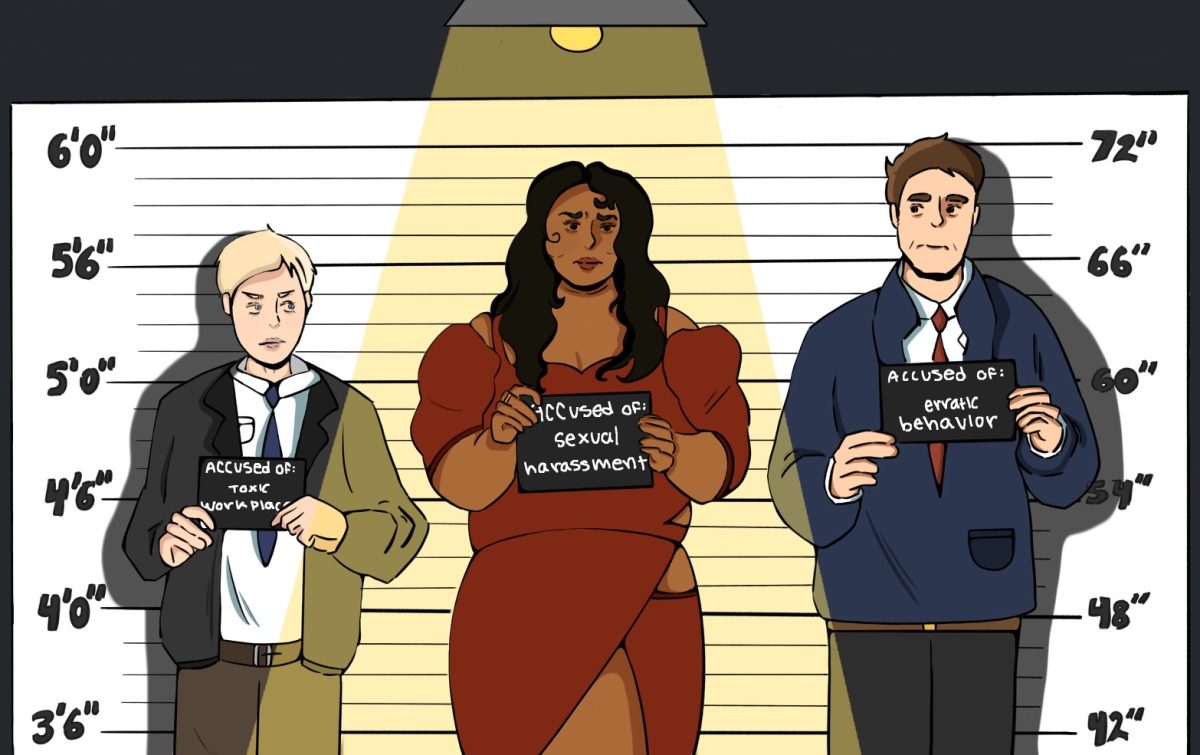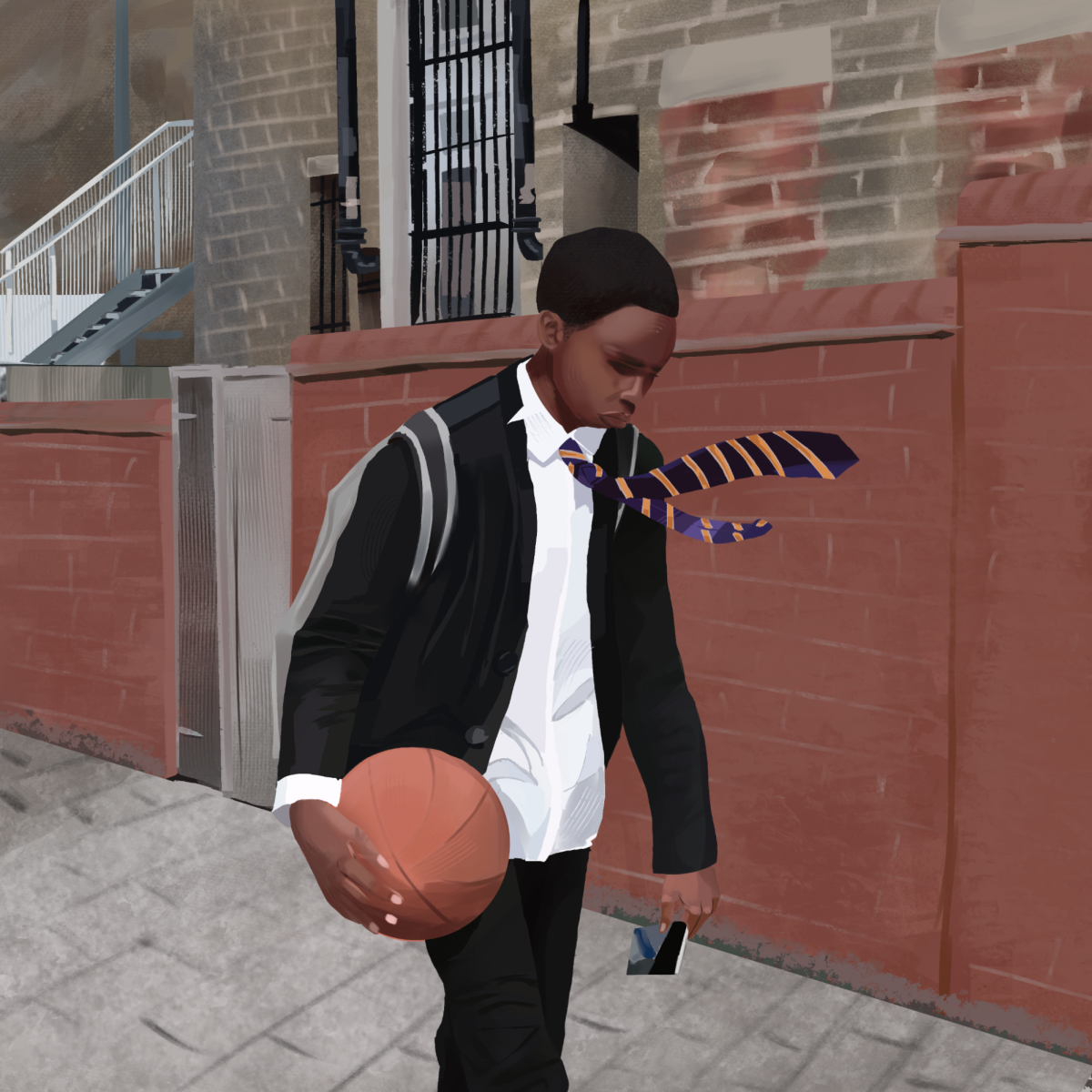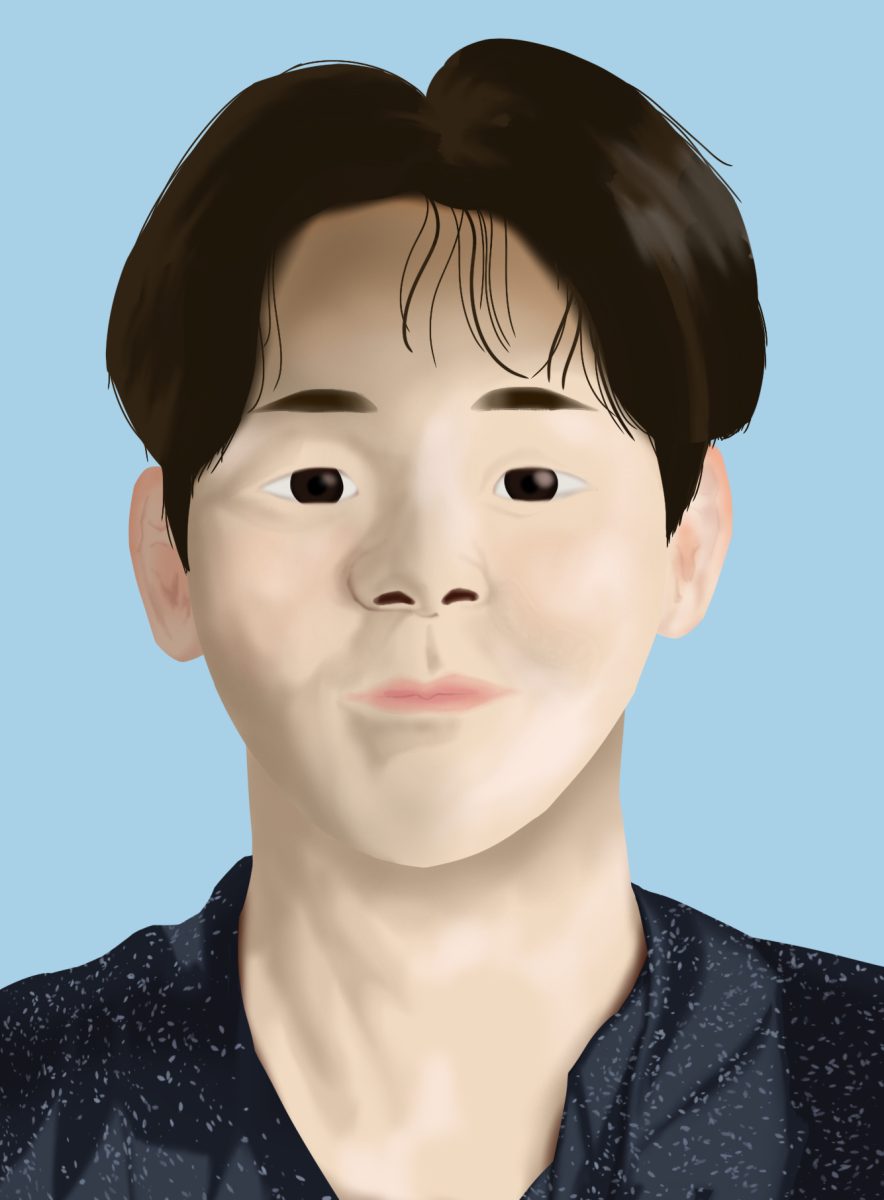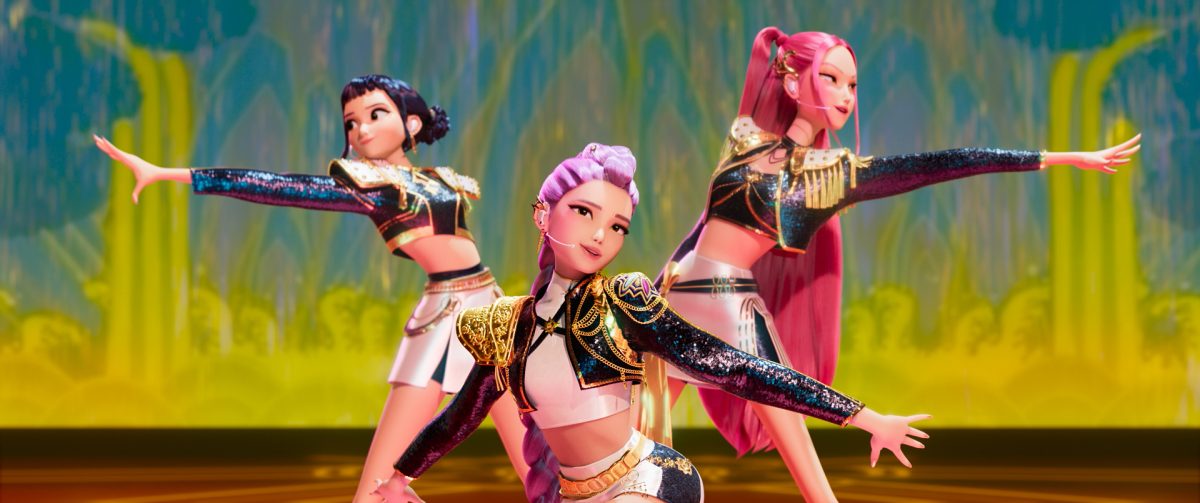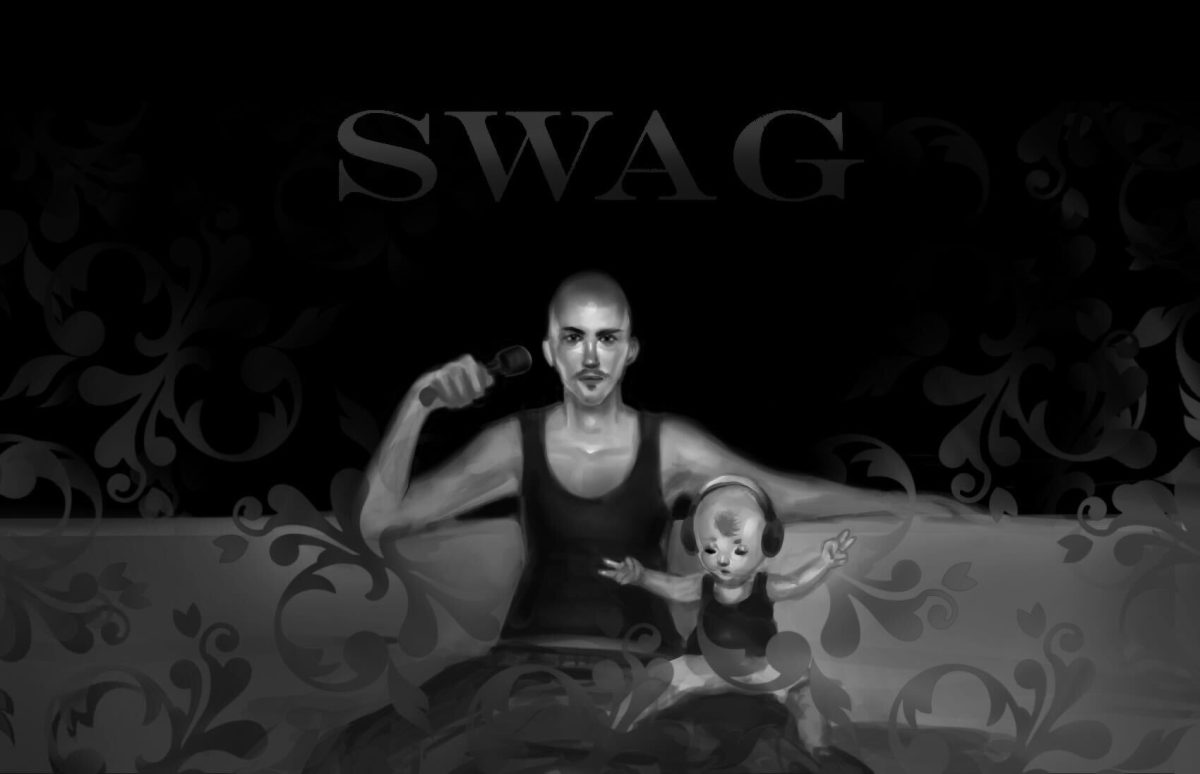During this past summer, I was sitting on the sofa of my living room one day when I saw a flood of Reels on my Instagram page from content creators such as Sarah Klait and comedian Jourdain Fisher. Many videos popped up on my YouTube page as well. The contents on my screen were all speculations regarding the recent drama involving an iconic female singer whose song, “Pink,” was also featured in America’s biggest movie of the year, “Barbie.”
On Tuesday, Aug. 1, an avid activist for body positivity and musical artist Melissa Jefferson, better known as Lizzo, faced charges of racial, sexual and religious harassment, according to an Aug. 1 NBC News article.
Former dancers Arianna Davis, Crystal Williams and Noelle Rodriguez from Lizzo’s reality TV show, “Watch Out For The Big Grrrls,” claimed that in February of this year, Lizzo verbally pressured them into having repulsive sexual interactions with nude performers in an Amsterdam club, Bananenbar, by shouting, “Take it off!” in an attempt for them to take part in the show against their own will, according to a Wednesday, Aug. 2, People article.
Along with these charges, the “Truth Hurts” singer allegedly fat-shamed her dancers as well.
Lizzo first remained silent but later released a statement defending herself from the escalating allegations.
“My work ethic, morals and respectfulness have been questioned,” Lizzo wrote in an Aug. 3 Instagram post under her account @lizzobeeating. “My character has been criticized.”
Although I am a mere Spotify listener of the artist with only two or three songs I enjoy, Lizzo’s music provides me with empowerment when I am at my worst or having a bad day.
I do not consider myself Lizzo’s biggest fan, which explains why I have never followed her on social media. Despite this, the notifications that appeared on my screen intrigued me.
Nevertheless, I am aware of the platform she holds, which is why I took interest in the sudden news of her scandal. At first, I quickly jumped to conclusions about Lizzo, thinking to myself, “She’s guilty,” before eventually correcting myself and realizing that she remains innocent until proven otherwise.
I found the circumstances quite ironic, as the singer’s platform and all of her values are focused on body positivity and self-confidence.
However, the inhumane way in which people on the internet responded to the accusations disappointed me, to say the least.
We need to remember that people are innocent until proven guilty, so even her most loyal fans canceling her over mere accusations astonished me.
This is not the first time in which celebrities have found themselves accused of harassment or ill-treatment in the workplace and faced aversion from the media and their social media followers (think Jimmy Fallon from NBC’s “The Tonight Show” and Ellen DeGeneres from NBC’s “The Ellen DeGeneres Show”).
Some have acknowledged fault and asked for forgiveness. For example, Fallon recently faced accusations of damaging the mental health of his staff by providing them with a difficult work environment and proceeded with an apology to his employees, according to a Saturday, Sept. 9, ABC 7 article.
Others have been proven innocent in court, like actor Kevin Spacey, who faced sexual assault charges from four men over 20 years and was acquitted by a London jury earlier this summer.
With such allegations, negative comments from users on social media are bound to reach the celebrities, and it can affect their mental health, making them feel the blame for something they feel they are not guilty of.
If Lizzo ends up experiencing the same results, the efforts that the social media users took to defame her will be proved embarrassing and useless, especially if her case goes to court, and a jury acquits her of the charges.
Since the final verdict is yet to be known, the idea of bashing this singer for her alleged actions based solely on a he-said-she-said scenario is the true definition of unjust behavior.
Many influencers are turning Lizzo’s situation into comical parodies on social media platforms, poking fun at the body shaming portion of the allegations.
Although many view these as harmless comedy videos, social media users are treating this as an insensitive way of bringing the set circumstances into the limelight, as it disregards the mental and emotional trauma the dancers claim to have endured.
These short clips also disregard the severity of her position and accuse her of events that she has not yet been proven guilty of.
However, the singer faced backlash from her supposed actions and since the lawsuit, lost over 200,000 Instagram followers since Aug. 1, according to the New York Post.
The sudden decrease among her followingers astounded me, as I could not grasp the purpose of canceling an artist based on an incident in which the outcome still remains unknown.
I hope people think of the negative impact these comments can have on people whether they are famous or not. Everyone has feelings, and for someone to be accused of an action that has not been proven is frustrating.
Lizzo’s attorney, Marty Singer, also denied the allegations against the musical artist, claiming that the dancers voluntarily took part in these rumored activities.
Though the singer has been recently under fire, Canadian musician Grimes has openly defended her on Twitter, reportedly experiencing the singer’s integrity first-hand.
The retaliation that the singer endured and the attempts she made to clear her name prompted me to consider my stance in the situation as if it were my favorite artists who were involved.
In all honesty, if Daniel Caesar or Frank Ocean were accused of such a crime, I would be torn. Between believing what I see on the internet and my bias toward them, I would deny any claim against them, let alone take part in canceling them on the internet.
This made me realize that the ideas I had for my favorite artists should also be applied to Lizzo, someone who deserves to have her day in court.



